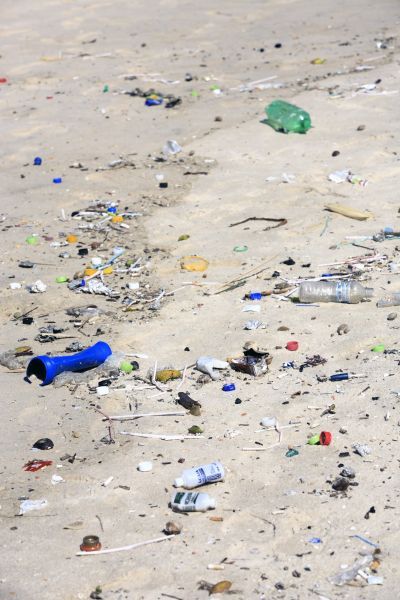Ocean pollution contaminating China shellfish

Your support helps us to tell the story
From reproductive rights to climate change to Big Tech, The Independent is on the ground when the story is developing. Whether it's investigating the financials of Elon Musk's pro-Trump PAC or producing our latest documentary, 'The A Word', which shines a light on the American women fighting for reproductive rights, we know how important it is to parse out the facts from the messaging.
At such a critical moment in US history, we need reporters on the ground. Your donation allows us to keep sending journalists to speak to both sides of the story.
The Independent is trusted by Americans across the entire political spectrum. And unlike many other quality news outlets, we choose not to lock Americans out of our reporting and analysis with paywalls. We believe quality journalism should be available to everyone, paid for by those who can afford it.
Your support makes all the difference.China's coastal waters are increasingly polluted by everything from oil to pesticides, contaminating the nation's marine life including the shellfish supply, state press reported Friday.
Most shellfish in offshore areas contained "excessive harmful chemicals" such as lead, cadmium and the insecticide DDT, the China Daily said, citing a new report released by the State Oceanic Administration.
Levels of lead detected in shellfish were 50 percent higher than normal, while cadmium and DDT levels were about 40 percent higher, the report said.
Lead can damage the human nervous system and cause blood and brain disorders if consumed in unsafe amounts, while DDT is listed as a "moderately hazardous" pesticide by the World Health Organization.
The administration's report said that about 147,000 square kilometres (59,000 square miles) of China's coastal waters failed to meet standards for "clear water" last year, an increase of 7.3 percent over 2008.
China's coastal waters last year suffered 68 red tides, or algae blooms, caused by excessive sewage in the water that affected 14,100 square kilometres, 3.4 times the area affected by such blooms in the 1990s, the report said.
China's fast-paced economic growth was resulting in more industrial and domestic garbage being dumped into the sea, it added.
Following 30 years of explosive growth, China's is on track to overtake Japan as the world's second-largest economy, but that success has made it one of the most polluted nations in the world.
"Our environmental quality is only improving in certain areas, but overall the environment is still deteriorating," Vice Minister of Environmental Protection Zhang Lijun told journalists this week.
Join our commenting forum
Join thought-provoking conversations, follow other Independent readers and see their replies
Comments